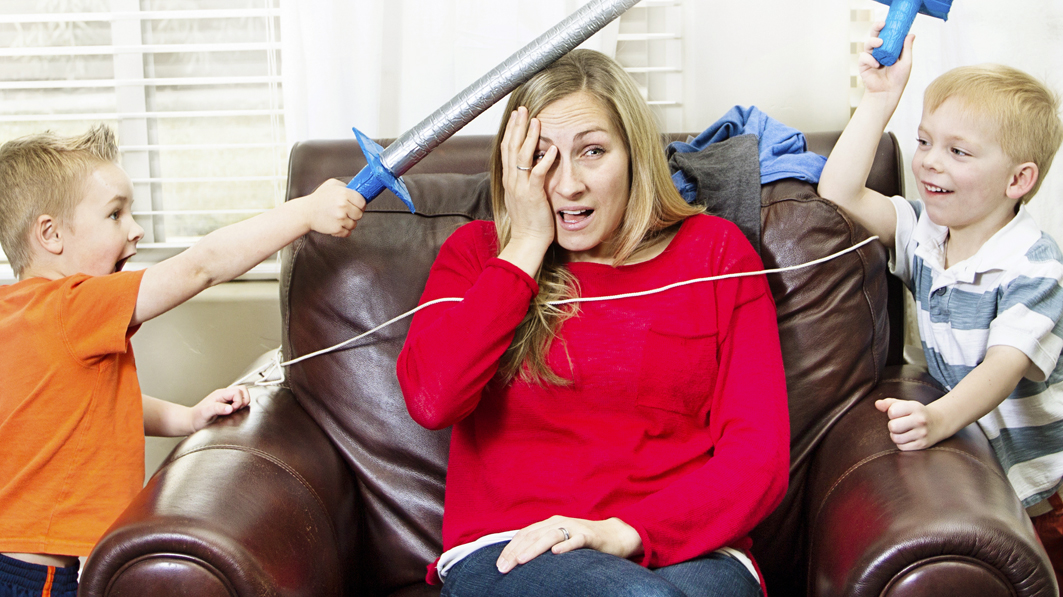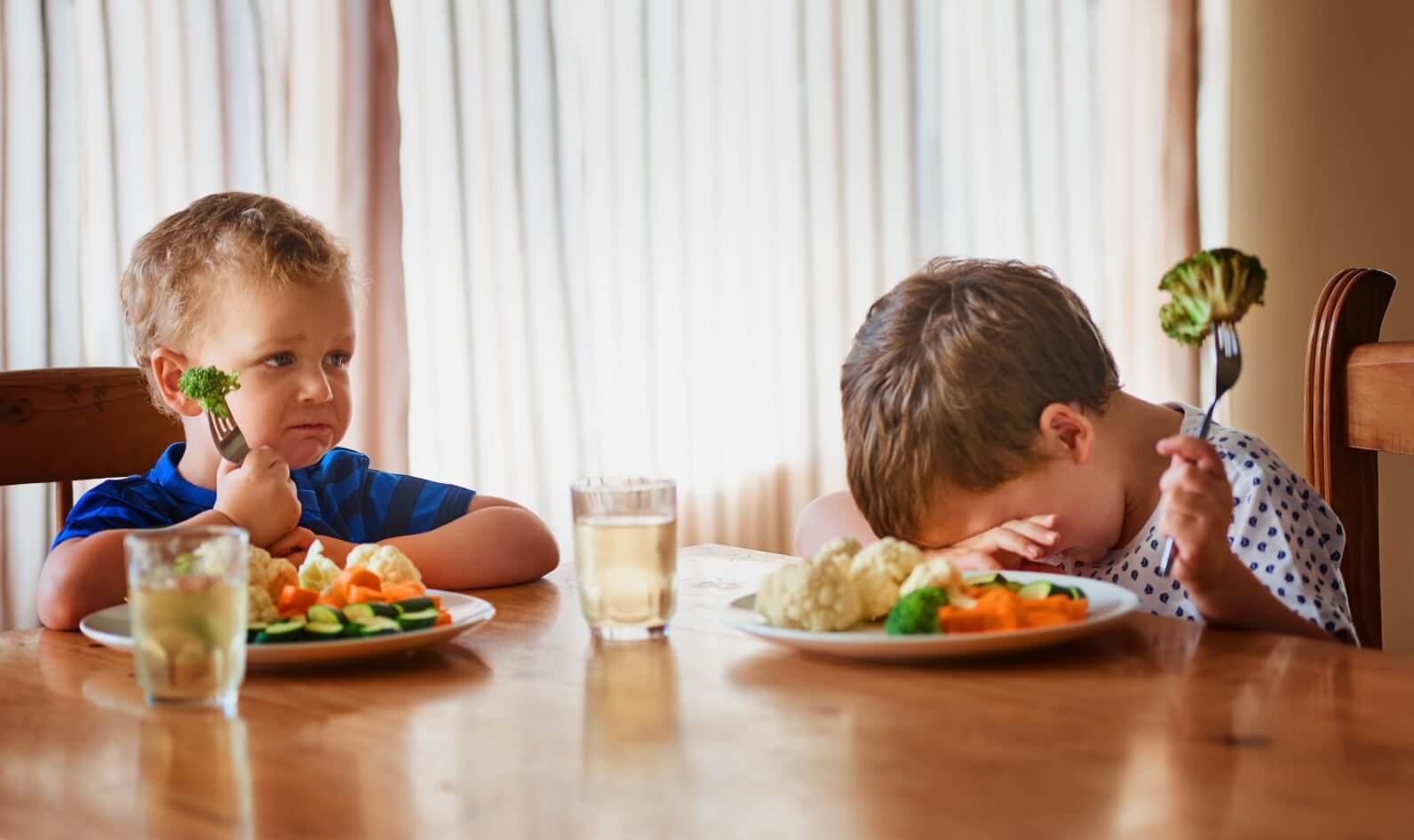Parents
5 Things Alcoholics Absolutely Need You to Say to Their Kids

1. You are not Your addicted mother/father and are not responsible for things they have done.
Shared genes don’t dictate who you are, or will become. Your choices determine your future.
You do not owe anyone answers about your parents, or their behavior, regardless if the inquirer is a family member, friend, stranger or teacher. Always acknowledge questions respectfully by your words, voice tone, and body language, but only share what you want. “I don’t know. ” “Thank you for understanding that right now it’s too painful to talk about,” or “If this is really important I’ll give you my dad/grandpa/foster dad’s cell number and maybe he can give you an answer,” are all appropriate responses to insensitive inquiries.
2. only the alcoholic/addict (your mom/dad) can choose to quit.

As much as you want your mom/dad to stop drinking, or using drugs, you can’t make them quit. Addictions are hard to break…but help is available if they want it bad enough.
Your mom/dad drinks, or drugs, not because they don’t love you, or because of something you did, or didn’t do. It’s because their body physically needs the temporary escape or ‘high’ feeling that they get from using. It overrules logical thinking and even terrible consequences like losing you, their job, everything they owned.
I tried to help your mom/dad; others tried to help also. She/he has been in rehab, jail, or hospital and obviously stopped using while they were there, but choose to start again when they were released.
3. you aren’t a victim.
Life is hard, but you can do “hard.”
Everyone eventually has really tough things to face. Moms sometimes commit suicide, some kids are bullied or others have terrible diseases like cancer, and some dads are killed protecting our country. The difference is some people choose not to let the past trap them, while others use it as a forever excuse for being lazy, angry, or as a reason to hurt others.
Former Navy SEAL Mark Owen wrote in his recent best-selling book No Hero, “Only focus on your three-foot world…focus on what you can affect.” Good advice. When things are really stressful don’t look back at what happened to you, or forward to what might happen if your mom returns. Get good grades and learn to control your temper. It’s my job to keep working on the legal things that will make it possible for you to always live with grandpa and me.
4. life isn’t fair. get over it.
Listen. Be honest. Don’t preach.
“I agree it sucks that Joey transferred in at the last minute and gets to be starting goalie, but the team’s counting on you to be back-up in case something happens. Next year you can try something else if you want.”
If your child or the grandchild you are raising is unfairly accused of something, and after presenting their side are still over-ruled, then maybe it’s time for one of the, “Pick your battles”, “I can go to bat for you but the consequences may be…” or “It’s a tough break but what can you do differently next time so it doesn’t happen again?” speeches. Follow up with a hug and “I love you”.
If an unfair accusation that would impact the rest of their life (like a sexual aggression, troublemaker or slow learner) is made then go to the mat both for, and with, them.
5. You can trust me.

You can tell them that you are not their addicted parent and can be trusted, but they won’t believe you until you show up, and follow up, time after time after time.
If you promise to be at a game–be there. If you promise chocolate chip cookies–make them. If you say they will lose video time for hitting their little brother and they hit their brother, then get the facts but give the consequence. Make the video time loss reasonable for their age and circumstances–but do it. Be consistent and do it again, and again until the message comes through that you don’t hit others. The more natural the consequence the more impactful.
If they get into trouble outside your home, again listen to their side of the story before commenting or making judgment. Teachers are people, kids set others up…don’t assume an adult or other child is always right. Ask questions, and expect factual–not purely emotional–answers. However, also remember that children of alcoholics and addicts have learned to lie as a means of survival. Be their advocate, but don’t blindly defend them.
Praise effort, progress, and any little thing you honestly can until they start growing in self-confidence and life skills. Let them hear that you notice what they say, and what they do. Compliment their achievements in front of others and reward good behavior. A lot of champions are made because they don’t want to let their coach or family or teammates, who believe in them, down.

Parents
Dealing With A Crying Child While Driving
Even the calmest, most perfect child can turn into a crying scream machine in the car. A wet diaper, an uncomfortable seat belt, or the pangs of hunger or thirst can send any child into a crying fit that can test the patience of even the most subdued of parents. An angry or screaming child can also make the drive itself more dangerous as you become more distracted by the screams of your toddler. Bad moods are contagious. If you allow yourself to become angered by your child’s crying you may drive more offensively and be more prone to doing something stupid while behind the wheel. There is no simple or fool-proof way to avoid having your child cry while you are driving him or her around, but these simple ideas may make things less stressful and more safe for you and other motorists.
1.If it is obvious that your child is not going to calm down on his own find a place to pull over (if it is safe to do so) and check to see if there is a simple reason for the crying.

Did he spit out his pacifier, is his belt cutting into his shoulder, or does he have a wet diaper? NEVER try to take care of retrieving a pacifier or giving a cookie while you are driving. We have all tried it before and we all know that it is not a wise thing to do, especially in rush hour traffic.
2.For children that are old enough to understand a few basic words try using a de-escalation method such as counting down slowly and calmly from five to one while attempting to make occasional eye contact in the rear view mirror (if possible).
This de-escalation method works more effectively if you practice it at home as well. Any time your child is throwing a tantrum instead of immediately putting him in time-out try getting him to calm down by sitting down with him face to face, make eye contact, and do the slow, calming count down. If you can get him to calm down at home using this method he will eventually be able to calm himself down while in the car with your verbal help.
3.Use a sibling as a helper.
This isn’t an option in all cases of course, but if your crying child has an older sibling in the car consider placing their car seats close enough together that the older child can play with or otherwise distract the younger child for a few minutes until you reach your destination. Obviously, the older child should never be allowed to unbuckle his seat belt while the vehicle is moving.
4.Never allow your child’s crying to affect your driving or your attention to the road.

At the same time never allow your child’s crying to build your stress to the point that you yell at the child in a desperate (and futile) attempt to make him be quiet. A child that is too young to understand words will only be startled by your yelling and will likely cry even more. In addition to this yelling at your child can cause other psychological problems down the road. If you are nearing the end of your rope, pull over and find out what is wrong. Always calm yourself down before opening the door to check on your child.
There is never a perfect method to deal with the stress of a crying child, especially in a confined space. But consider these four simple tips and always stop and think before doing anything unsafe while driving a vehicle. Pulling over may slow you down or make you late, but driving faster or more erratically because of the distraction of a crying child can make you a danger to yourself and others while on the road.
Children
Educational Activities For Young Children In The Kitchen With Parents

The kitchen is the center of most family activity. Everyone wants to see what good things are cooking for dinner. The kitchen can also be a place of learning for your child.
Make your child your taste tester. Taste testing is an important job in a test kitchen. If the food doesn’t taste just right, then it is rejected as a good recipe. Let them taste each thing you make. Get them accustomed to the tastes of sweet, salty, sour, and tangy. If they are a good taste tester, they will learn to recognize when something tastes bad. This is the first step to becoming useful in the kitchen.

Show your kids how to cook their favorite meals. Kraft® Food and Family magazine offers a section with recipes just for kids. Teach kids how you prepare to start cooking in the kitchen. Start with something simple. Children can assemble the ingredients and the utensils that will be needed to make the recipe. Show them what to do once and then let them take over. It will be slow at first since it is something that they have never done, but kids are up for new things. You may have to help them if there is any use of the oven involved. The more they get a chance to cook, the more they will pick up from you.
The major task of the kitchen is stocking it with groceries. If the children can write, let them make out the grocery list for you. This process helps them with their spelling. After the list is completed, it’s time to head to the grocery store. As you call them out, let the kids look for the items that you need. They will think that it is a food scavenger hunt. Your trip may take twice as long when they are helping you but it will be worth it to teach them about food shopping.
Show kids how to use the appliances in the kitchen. See if they can guess what each thing does. Use each appliance to create a simple treat as you demonstrate. By the time you finish showing them how everything functions, they will have a lot of snacks to eat. For example, use the blender to make a tasty shake as you demonstrate how it works. Use the mixer to whip up some instant pudding. The toaster can brown a bagel that can be spread with cream cheese or preserves. Caramel dip can be softened in the microwave and used for apples which can be cut up using an apple slicer.

Start at a young age and teach children about the clean-up side of cooking. Once you make a meal, the dishes you used need to be washed and put away. This is a perfect time to show them the dishwasher. Using the dishwasher is good for young children who aren’t tall enough to wash the dishes in the sink. Let them load all of the dishes in and start it up. When the cycle is finished, show them how to empty it.
Now that they know the basics, it’s time for the kids to create recipes of their own. Make sure that they use the proper measurement amounts for liquid and solid ingredients. Look over their recipes when they finish writing them to see that nothing is left out. As a bonus, let them show you how to create their recipes. Give them the apron and chef’s hat to make it official that they are in charge of the kitchen.
Everyone needs to learn to be self-sufficient in the kitchen. If your kids learn early, they will be helping you for a long time. The kitchen will become their favorite room in the house once they learn the ins and outs.
Parents
Top Five Tips To Reduce Mom Stress

What is exactly is mom stress, and why does it differ from other types of stress one may encounter? It could well be described as the loss of ability to cope with the repetitive routine and mundane course of daily child rearing for a specifically isolated period of time. Most moms will suffer at least some form of mom stress before their children are grown. Moms may feel as if they can no longer handle the fighting, the crying, the tantrums and overall lack of adult interaction. Moms should not feel ashamed for identifying with any of the above, this just means they could use a simple change in your daily routine.
Here are five easy to implement ways to avoid mom stress. Take heed, that all five of these involve taking time for yourself each and every day. Your special time could be something as simple as giving yourself a soothing foot soak first thing in the morning before the children and husband are awake. Gather your favorite foot spa products and relax. You can find many great spa products made specifically for new moms such as the Earth Mama Angel Baby specialty line of products. Be sure to post a do not disturb sign on the door and strictly prosecute anyone that dares to enter!

Your special time should also include some form of slow paced exercise such as early morning stretching or a 30 minute relaxation video. The slow yet invigorating pace of the exercise will begin to release your feel good hormones thus lending a more relaxed tone to the rest of the day.
What type of things did you enjoy before you became a mother? Your special time should encompass some sort of creative activity to remind you of your personal interests. If you enjoy photography why not start a scrapbook where you can catalog your photos as well as do some creative journaling? This would be a good time to do some positive thinking about your children by showcasing the special qualities of each child in the scrapbook.
Remember your long lost friends? Your special time should contain at least some kind of daily interaction with another adult beside your spouse. Make arrangements for a play date with another mom and have coffee while your
children play. Be sure to keep your diaper bag stuffed with items your children may need so they do not interupt your friendly conversation. Thinking ahead can make your visit much more enjoyable. Keep the conversation positive! Don’t spoil your “You Time” by discussing negative subjects that will probably leave you feeling emotionally drained.

Finally, the most important step before beginning your new routine is to get your husband on board. You will need his support to make sure you are not disturbed while taking time for yourself. Surprisingly, most husbands would like to see their wives relax a little more and are willing to help make that happen.
You shouldn’t feel that you have to keep a strict “You Time” schedule. Keep it relaxed by spreading your activities out through the week. One special “You Time” activity a day should be enough to put you in the right frame of mind.
Taking time for yourself should not be viewed as a selfish endeavor. This will only leave you feeling more refreshed and ready to be a better parent and wife. We all need that little something to look forward to each day and this can only help us to enjoy life with our family all the more.
-

 Children5 years ago
Children5 years agoWhy Private School for Your Child?
-

 Children5 years ago
Children5 years agoEating Healthy with kids
-

 Children5 years ago
Children5 years agoHelping Your Child Pick The Best Extracurricular Activities
-

 Children5 years ago
Children5 years agoWhy are kids picky eaters
-

 Children5 years ago
Children5 years agoHow to Deal With Children During a Divorce
-

 Children4 years ago
Children4 years agoEducational Activities For Young Children In The Kitchen With Parents
-

 Children5 years ago
Children5 years agoPUBG Can Be Fun for Everyone
-
Parents4 years ago
Dealing With A Crying Child While Driving











